Iran accuses West of double standards
Western countries who back Iranian anti-government protesters are guilty of double-standards, the Islamic Republic’s Foreign Ministry said, IRNA reported.
Tuesday, 27.07.2010.
15:37

Western countries who back Iranian anti-government protesters are guilty of double-standards, the Islamic Republic’s Foreign Ministry said, IRNA reported. The statement came in response to last Saturday’s decision by Germany to grant political asylum to 50 Iranians dissidents who fled Iran after taking part in the failed Green Revolution of 2009. Iran accuses West of double standards “Countries that stand for democracy and human rights should avoid adopting hypocritical policies, respect the majority opinion, and not distort the facts,” Iranian Foreign Ministry spokesman Ramin Mehman-Paras said. He also said the West’s backing of the mass unrest that characterized the Green Revolution had diminished its “honor and dignity.” “The consequences of such events are numerous victims and destruction,” he said “Western countries will be associated only with discrimination and double-standards,” the spokesman added. Mass protests broke out after the re-election of President Mahmoud Ahmadinejad in June 2009 amid opposition claims of mass vote rigging. The unrest was the most serious since the 1979 Islamic Revolution and took the lives of 27 people. Some 4,000 people were imprisoned. A subsequent crackdown on the opposition has seen an increase in applications for political asylum in the West by Iranian dissidents. Iran nuclear sanctions by EU unacceptable, says Russia Russia has branded EU sanctions against Iran as "unacceptable", saying they undermine international efforts to rein in Tehran's nuclear ambitions. The European Union on Monday adopted new sanctions targeting Iran's foreign trade, banking and energy sectors. Iran's foreign ministry spokesman has condemned the "deeply regrettable" sanctions and vowed to continue its uranium enrichment work. The EU measures go beyond the fourth set of UN sanctions adopted on 9 June. They include a ban on dealing with Iranian banks and insurance companies, as well as steps to prevent investment in Tehran's oil and gas sector. Russia, one of six world powers negotiating with Iran, supported the UN sanctions last month, but has objected to extra unilateral measures imposed by the US and EU since then. "This not only undermines our joint efforts to seek a political and diplomatic settlement around Iran's nuclear programme, but also shows disdain for the carefully calibrated and co-ordinated provisions of the UN Security Council resolutions," the foreign ministry said in a statement. The use of sanctions outside of the UN Security Council framework is "unacceptable," the statement said. Iran is under four sets of UN sanctions over its refusal to heed repeated Security Council ultimatums to suspend uranium enrichment, the most controversial part of its nuclear programme. Tehran says that it is enriching uranium purely for peaceful purposes, but Western powers accuse it of trying to develop a nuclear weapon. Iran vowed on Tuesday to press ahead with its nuclear work despite the latest EU sanctions, which follow similar unilateral measures adopted by the US Congress on 24 June. "These sanctions will not help in resuming talks and will not affect Iran's determination to defend its legitimate right to pursue a peaceful nuclear programme," foreign ministry spokesman Ramin Mehmanparast was quoted as saying by Iran's official Irna news agency.
Iran accuses West of double standards
“Countries that stand for democracy and human rights should avoid adopting hypocritical policies, respect the majority opinion, and not distort the facts,” Iranian Foreign Ministry spokesman Ramin Mehman-Paras said.He also said the West’s backing of the mass unrest that characterized the Green Revolution had diminished its “honor and dignity.”
“The consequences of such events are numerous victims and destruction,” he said
“Western countries will be associated only with discrimination and double-standards,” the spokesman added.
Mass protests broke out after the re-election of President Mahmoud Ahmadinejad in June 2009 amid opposition claims of mass vote rigging. The unrest was the most serious since the 1979 Islamic Revolution and took the lives of 27 people. Some 4,000 people were imprisoned.
A subsequent crackdown on the opposition has seen an increase in applications for political asylum in the West by Iranian dissidents.
Iran nuclear sanctions by EU unacceptable, says Russia
Russia has branded EU sanctions against Iran as "unacceptable", saying they undermine international efforts to rein in Tehran's nuclear ambitions.The European Union on Monday adopted new sanctions targeting Iran's foreign trade, banking and energy sectors.
Iran's foreign ministry spokesman has condemned the "deeply regrettable" sanctions and vowed to continue its uranium enrichment work.
The EU measures go beyond the fourth set of UN sanctions adopted on 9 June.
They include a ban on dealing with Iranian banks and insurance companies, as well as steps to prevent investment in Tehran's oil and gas sector.
Russia, one of six world powers negotiating with Iran, supported the UN sanctions last month, but has objected to extra unilateral measures imposed by the US and EU since then.
"This not only undermines our joint efforts to seek a political and diplomatic settlement around Iran's nuclear programme, but also shows disdain for the carefully calibrated and co-ordinated provisions of the UN Security Council resolutions," the foreign ministry said in a statement.
The use of sanctions outside of the UN Security Council framework is "unacceptable," the statement said.
Iran is under four sets of UN sanctions over its refusal to heed repeated Security Council ultimatums to suspend uranium enrichment, the most controversial part of its nuclear programme.
Tehran says that it is enriching uranium purely for peaceful purposes, but Western powers accuse it of trying to develop a nuclear weapon.
Iran vowed on Tuesday to press ahead with its nuclear work despite the latest EU sanctions, which follow similar unilateral measures adopted by the US Congress on 24 June.
"These sanctions will not help in resuming talks and will not affect Iran's determination to defend its legitimate right to pursue a peaceful nuclear programme," foreign ministry spokesman Ramin Mehmanparast was quoted as saying by Iran's official Irna news agency.





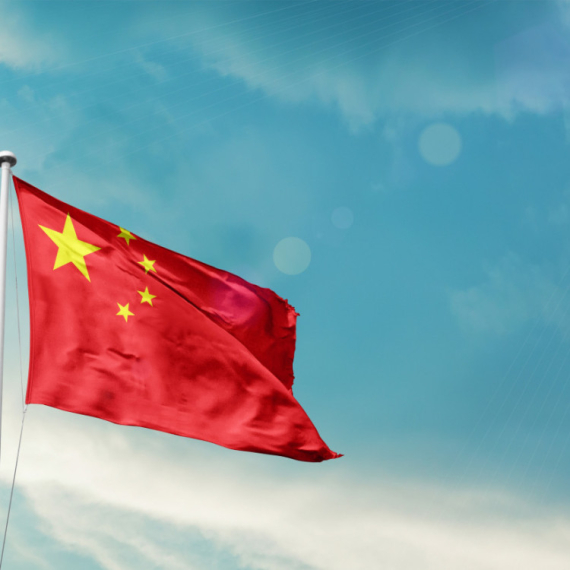





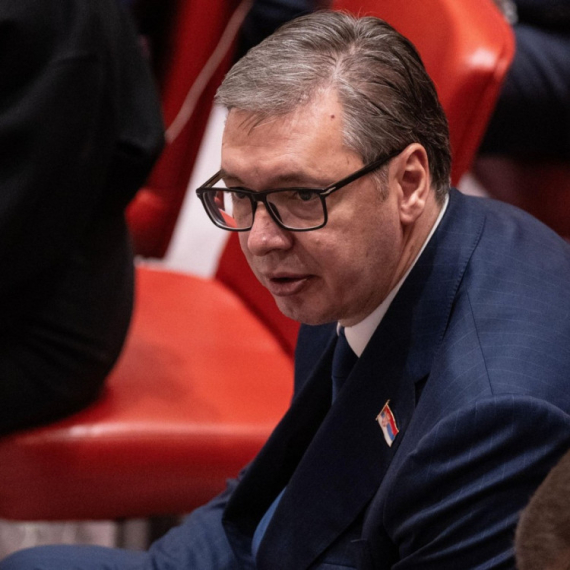
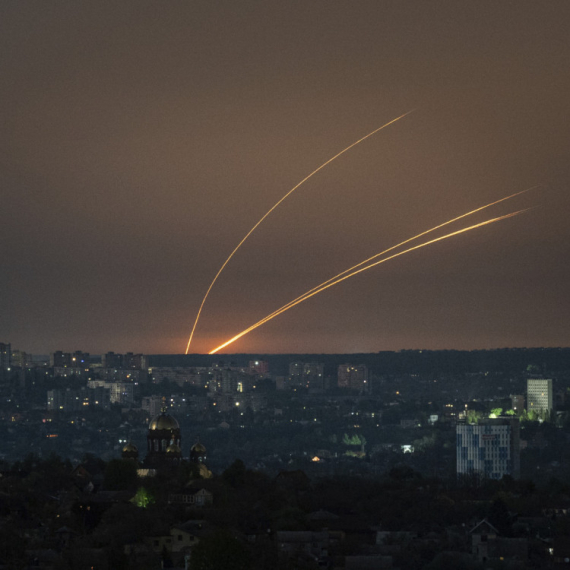



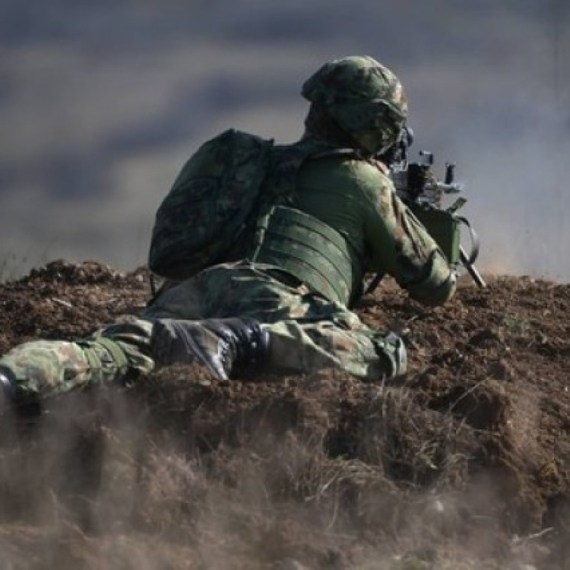
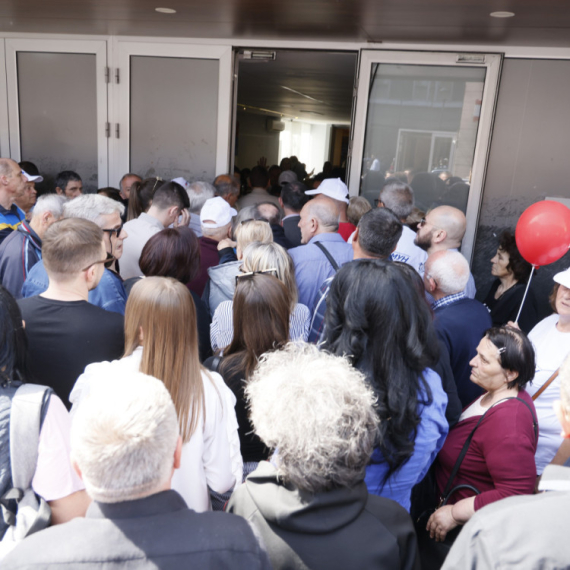

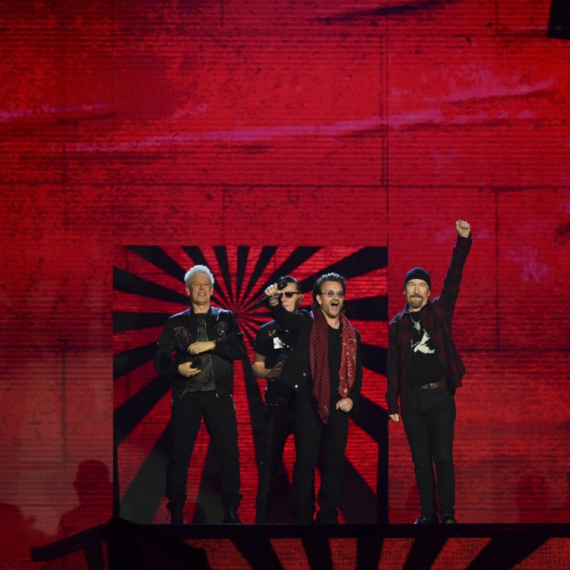

































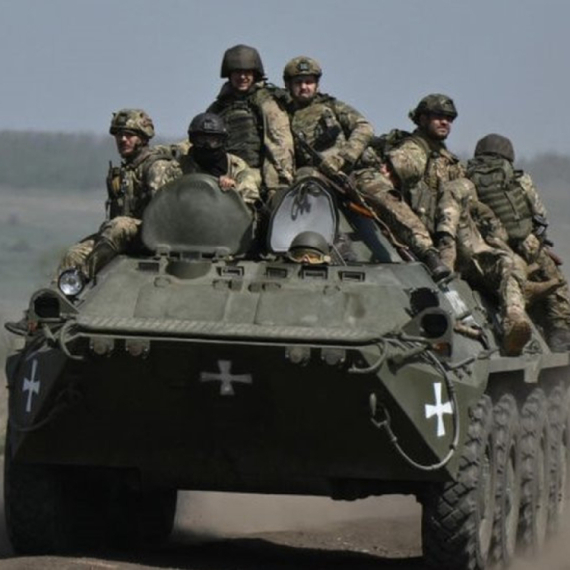
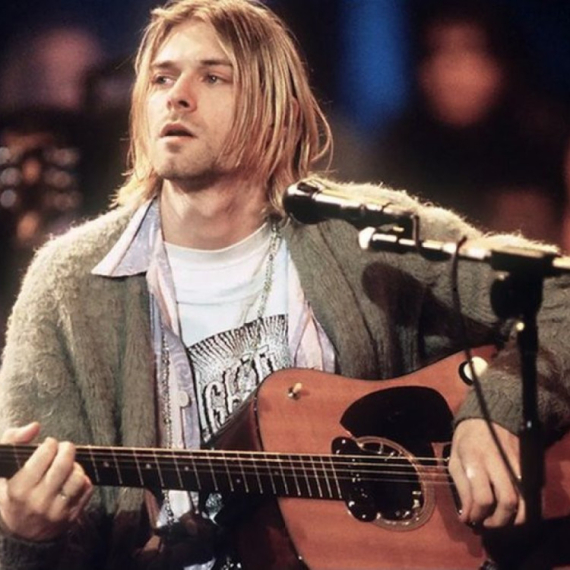
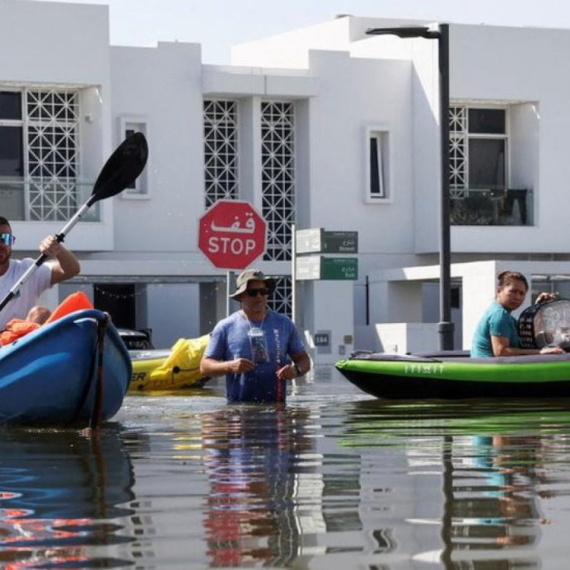



Komentari 0